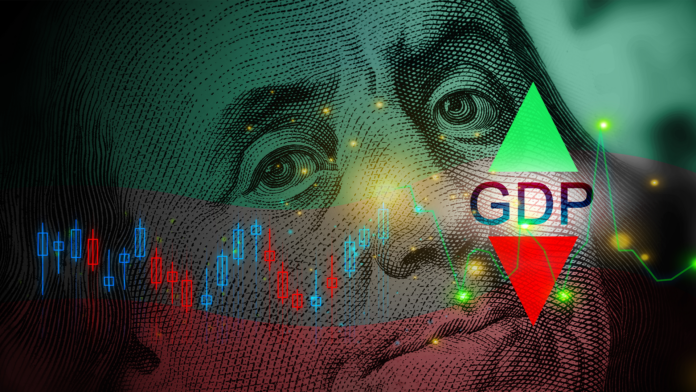The U.S. dollar rose on Wednesday, supported by the Federal Reserve’s comments, while falling consumer confidence weighed on the euro.
Fed comments support the dollar
The dollar received support during Tuesday’s session after Fed Governor Michelle Bowman said the Federal Reserve is likely to hold interest rates steady for some time in an attempt to contain high inflation, adding that she does not expect the Fed to cut borrowing costs in 2024.
Bowman, usually one of the Fed’s most hawkish voices, said it is not yet “appropriate” to lower rates, adding that she remains “willing” to raise them further should inflation persist or rise.
Her comments come after San Francisco Fed President Mary Daly said Monday that recent “bumps” in inflation “have not raised confidence” among policymakers and have clouded the Fed’s course toward price stabilization.
The outlook for the future path of U.S. interest rates has been one of the most important drivers of the currency market, with Fed members calling for more data indicating a slowdown in inflation before deciding on a rate cut.
Friday’s PCE price index data is the focus of attention, as it is the central bank’s preferred inflation gauge and should reflect whether the incipient slowing trend in inflation continues.
However, the latest PCE data has fallen short of expectations. The latest reading showed U.S. inflation unexpectedly moving sideways in April.
Another such reading would weaken the argument that rate cuts are coming.
Germany’s consumer confidence declines
The EUR/USD retreated 0.2% to 1.0696 after it was reported that German consumer confidence declined slightly in July, ending a four-month streak of gains.
The consumer confidence index published jointly by GfK and the Nuremberg Institute for Market Decisions unexpectedly declined to -21.8 in July from a slightly revised -21.0 in June.
The index adds to other indicators that point to a difficult outlook for Europe’s largest economy, as the Ifo business climate index and the HCOB composite PMI also posted unexpected declines during the month.
French elections begin this weekend, and political instability in France in the wake of President Emmanuel Macron’s unexpectedly early election call will weigh on the single currency.
GBP/USD was down 0.1% at 1.2668, with the currency trading in a narrow range as Bank of England policymakers remain calm ahead of the upcoming general election.
Yen nears intervention level
In Asia, USD/JPY rose 0.2% to 159.93, approaching the 160 yen level that prompted intervention in May.
Government officials continued to warn that they would intervene in the event of excessive volatility against the yen.
The most recent episode of yen weakness came when the Bank of Japan indicated some easing of monetary policy at its June meeting.
The USD/CNY pair rose 0.1% to 7.2667, moving to a seven-month high, thanks to another weak midpoint set by the People’s Bank of China.
Mounting pressure against the yuan amid concerns about a trade war with the West caused the People’s Bank of China to set weak midpoints for two straight days.



